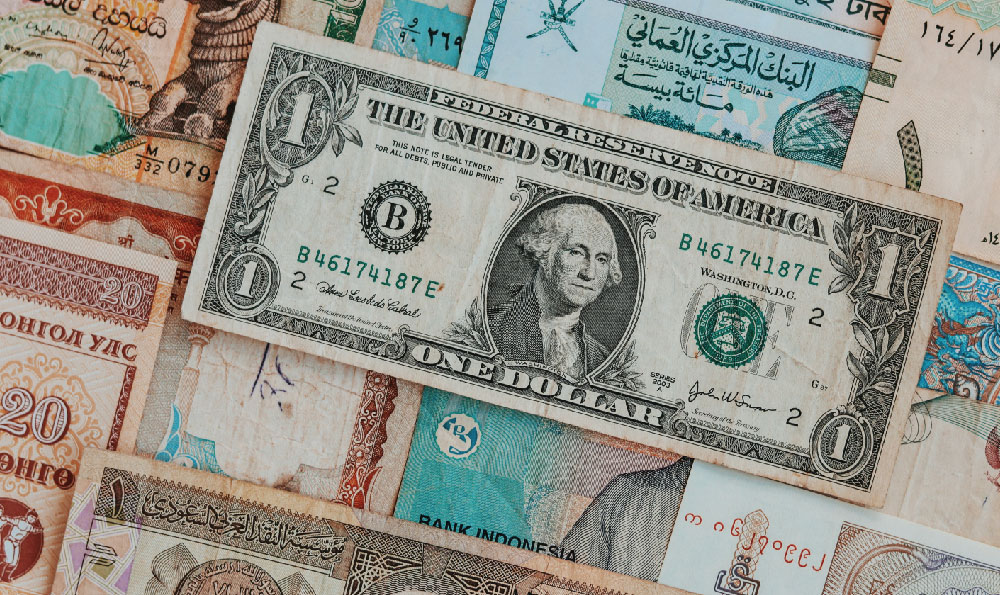How can I travel? And how can I make money?

The allure of travel, of experiencing different cultures and seeing the world, is a powerful motivator for many. Simultaneously, the desire to achieve financial security and grow wealth is equally compelling. While seemingly disparate goals, they can, in fact, be intertwined. The key lies in strategically combining your passion for travel with smart financial planning and investment, particularly in the realm of cryptocurrency, although with a very strong dose of caution.
Before even thinking about leveraging crypto to fund your travels, you need to establish a solid financial foundation. This means creating a budget, tracking your expenses, and understanding your current financial situation. Determine how much you can realistically allocate towards travel and how much you can afford to risk in the crypto market. Remember, cryptocurrency investments are inherently volatile and should only constitute a small portion of your overall portfolio. Do not, under any circumstances, use money you need for essential living expenses, debt repayment, or emergency savings for speculative crypto investments.
Once you have a firm grasp on your finances, you can explore various avenues for generating income, both active and passive, to support your travel aspirations. Actively, you could consider freelancing as a writer, photographer, designer, or programmer, leveraging your skills to earn money remotely. Platforms like Upwork and Fiverr offer a wide range of opportunities. Alternatively, teaching English online or providing virtual assistant services can provide a steady stream of income. The beauty of these options is their portability; you can work from anywhere in the world with a stable internet connection.

Passively, the crypto world offers several intriguing possibilities, but each comes with its own set of risks. One option is staking, where you hold certain cryptocurrencies and earn rewards for validating transactions on the blockchain. Research different staking platforms and cryptocurrencies carefully, paying attention to the annual percentage yield (APY) and the lock-up period. Be aware that staking also exposes you to the risk of "impermanent loss" if you're staking tokens in a liquidity pool. Another path is crypto lending, where you lend your crypto assets to borrowers and earn interest. Platforms like BlockFi and Celsius Network (though proceed with extreme caution given past failures of such platforms) offer these services. However, ensure you understand the lending terms, interest rates, and the platform's security measures. Always remember the golden rule: if it sounds too good to be true, it probably is. High yields often come with correspondingly high risks.
Now, regarding incorporating cryptocurrency into your travel plan, understand that it should be viewed as a supplementary tool, not a primary source of income. Think of it as a potential accelerator for your travel fund, not the fund itself. Here's how to approach it cautiously:
-
Research and Due Diligence: Before investing in any cryptocurrency, conduct thorough research. Understand the project's fundamentals, its team, its technology, and its market capitalization. Look at the whitepaper, analyze the tokenomics, and assess the project's long-term viability. Don't rely solely on hype or social media buzz. Use reputable resources like CoinMarketCap, CoinGecko, and Messari to gather data. Be extremely wary of "shilling" and "pump-and-dump" schemes.
-
Diversification: Never put all your eggs in one basket. Diversify your crypto portfolio across different cryptocurrencies and asset classes. Consider investing in established cryptocurrencies like Bitcoin and Ethereum, as well as smaller-cap altcoins with promising use cases. However, allocate the majority of your capital to the less volatile, more established assets. Diversification helps to mitigate risk and protect your capital from significant losses.
-
Risk Management: Implement strict risk management strategies. Set stop-loss orders to limit potential losses on your trades. Determine your risk tolerance and only invest what you can afford to lose. Never invest emotionally or chase quick profits. Develop a trading plan and stick to it. Rebalance your portfolio regularly to maintain your desired asset allocation.
-
Cold Storage: Protect your cryptocurrency holdings by storing them in a cold wallet, which is an offline wallet that is not connected to the internet. This reduces the risk of hacking and theft. Consider using hardware wallets like Ledger or Trezor. For smaller amounts of crypto you might need for travel expenses, a reputable mobile wallet may suffice, but always enable two-factor authentication and keep your seed phrase secure.
-
Tax Implications: Be aware of the tax implications of cryptocurrency investments in your jurisdiction. Consult with a tax professional to understand your tax obligations and ensure you comply with all applicable laws. Keep accurate records of your crypto transactions, including purchase prices, sale prices, and any fees paid.
-
Travel Budgeting in Crypto: If you intend to spend crypto while traveling, first ensure it’s accepted at your destinations. Convert a small, pre-determined portion of your crypto holdings into a stablecoin (like USDC or DAI, but research thoroughly their stability and reputation) before your trip. This helps protect you from sudden price drops in the crypto market. However, holding stablecoins long-term is generally not advisable due to inflation eroding their value. Research local regulations on crypto usage and potential exchange limitations.
Finally, remember that travel and financial security are both journeys, not destinations. Be patient, persistent, and disciplined in your approach. Continuously learn and adapt to the ever-changing crypto landscape. Prioritize building a sustainable financial foundation and explore diverse income streams. Approach cryptocurrency investments with caution, diversification, and risk management. By combining your passion for travel with smart financial planning, you can create a fulfilling and financially secure lifestyle. Don't chase overnight riches; focus on building a solid, long-term strategy that aligns with your goals and values.














